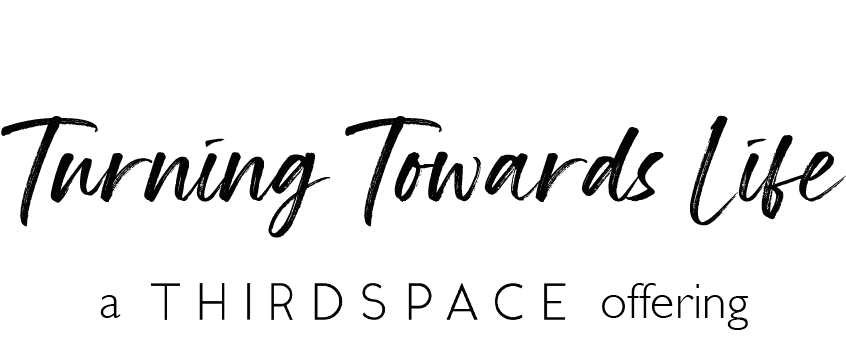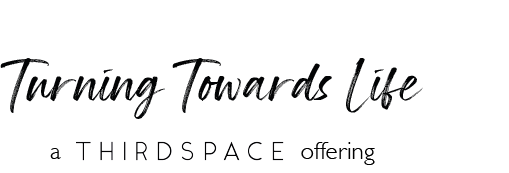The Basis of Our Civilisation, Episode 253
We've often internalised a particularly destructive story about what it is to be human - that we're inherently selfish, grasping, and inevitably violent to one another. And that because of that we ought to live very warily indeed.
But, as the writer David Graeber reminds us, the 'common-sense' story of what it is to be human is just one story out of many. And we are filled with many different kinds of qualities and capacities, some of which we choose to prioritise over others - and some of which we've practiced more than others. But which qualities we bring to the world is a choice - the unique gift of being sentient, choosing humans. And the real question is which qualities we choose take as the foundation of our humanity, and therefore, make the basis of our civilisation.
This week's Turning Towards Life is hosted as always by Lizzie Winn and Justin Wise of Thirdspace.
Here's our source for this week:
“Freuchen tells how one day, after coming home hungry from an unsuccessful walrus-hunting expedition, he found one of the successful hunters dropping off several hundred pounds of meat. He thanked him profusely. The man objected indignantly:
‘Up in our country we are human!’ said the hunter. ‘And since we are human we help each other. We don’t like to hear anybody say thanks for that. What I get today you may get tomorrow. Up here we say that by gifts one makes slaves and by whips one makes dogs.’
… The refusal to calculate credits and debits can be found throughout the anthropological literature on egalitarian hunting societies. Rather than seeing himself as human because he could make economic calculations, the hunter insisted that being truly human meant refusing to make such calculations, refusing to measure or remember who had given what to whom, for the precise reason that doing so would inevitably create a world where we began “comparing power with power, measuring, calculating” and reducing each other to slaves or dogs through debt. It’s not that he, like untold millions of similar egalitarian spirits throughout history, was unaware that humans have a propensity to calculate. If he wasn’t aware of it, he could not have said what he did. Of course we have a propensity to calculate. We have all sorts of propensities. In any real-life situation, we have propensities that drive us in several different contradictory directions simultaneously. No one is more real than any other. The real question is which we take as the foundation of our humanity, and therefore, make the basis of our civilization.”
― David Graeber,
Debt: The First 5,000 Years
Photo by Darrell Chaddock on Unsplash

